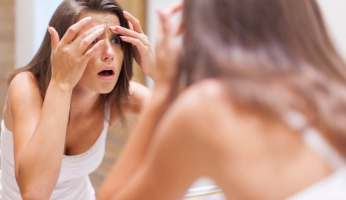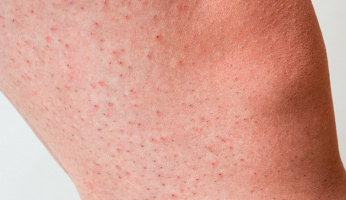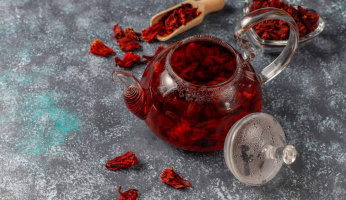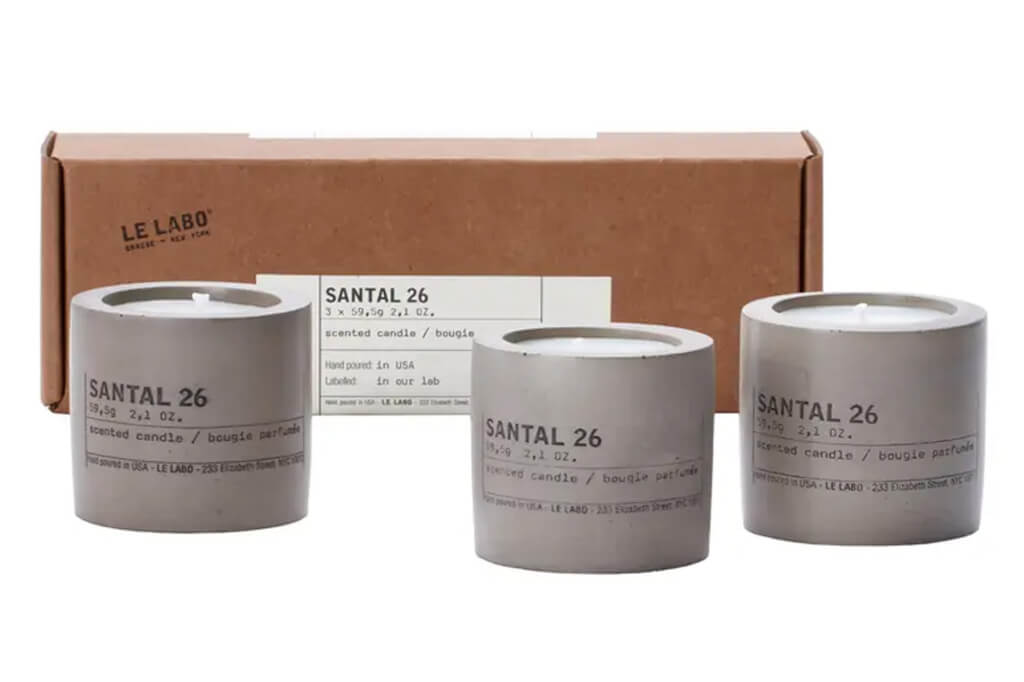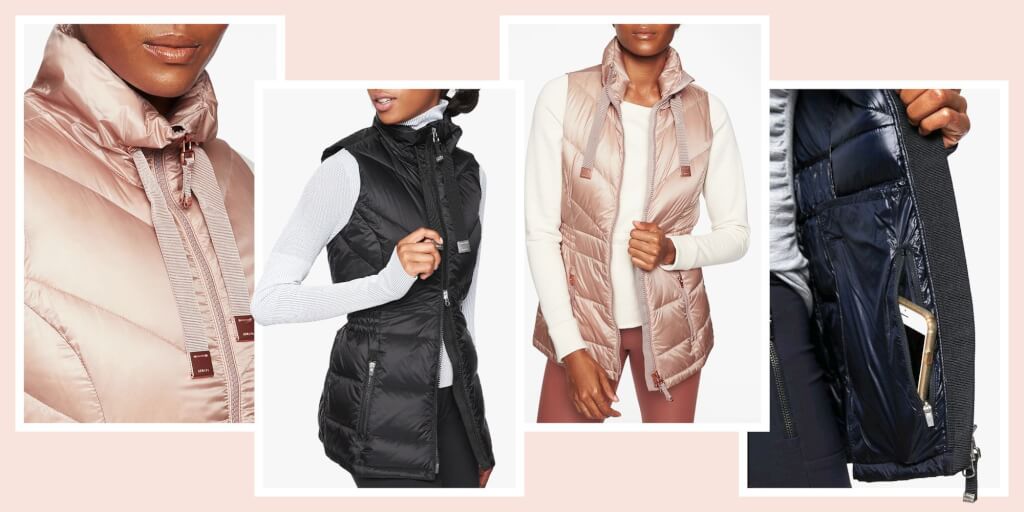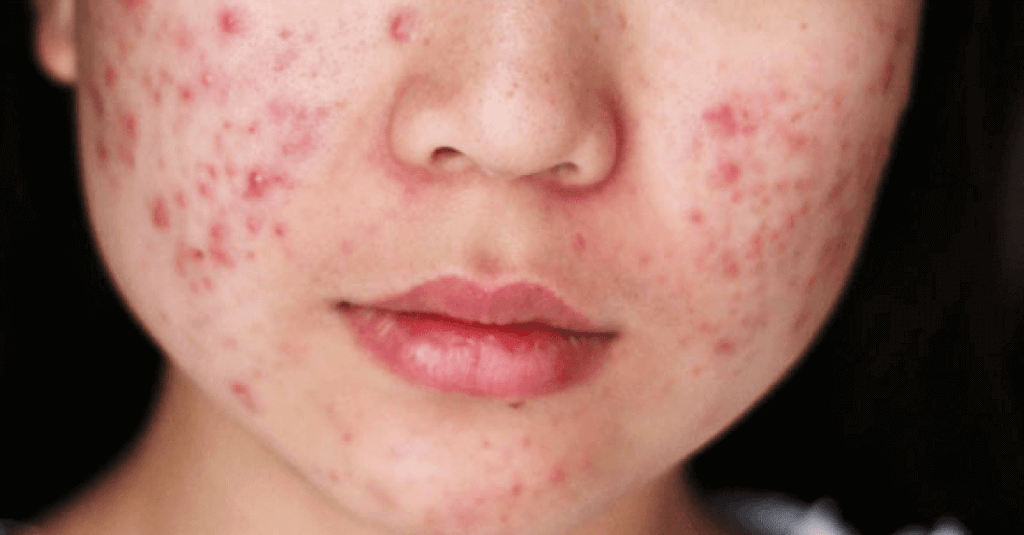Making Life Even Sweeter: Honey Benefits for Skin, Explained
It’s sticky – and it’s probably not something most people have considered using as a part of their beauty routine – but they’re making a big mistake.
Although we tend to avoid them in the wild, bees are actually marvelous creatures. Not only do they pollinate crops and help food grow, but they also produce honey.
Yes, I’m sure you already knew that… but did you know that honey can be used in your skincare routine and not just as a sweetener?
It can be used internally or topically to treat or improve a number of conditions. The number of honey benefits for skin is countless.
From wound care and antimicrobial action to exfoliating your skin, you’ll be amazed at what this product can do.
Continue reading to learn more about the honey benefits for skin.
How Can I Use Honey on My Face?
Honestly, you can just slap it on there.
It tends to be a messy process, but it’s not too sticky if you do it carefully.
- Pull your hair back from your face
- Clean and dry your face
- Put a few tablespoons of raw, unpasteurized honey in a bowl
- Add in other desired ingredients (not necessary)
- Mix the mixture together and slather it onto your face and neck
- Let it sit for 10-20 minutes
- Rinse off completely
- Moisturize as usual
As a DIY face mask, some popular additions to honey include lemon juice, cinnamon, yogurt, banana, milk, hot water, or even turmeric.
Our absolute favorite honey mask is Liza’s Penetrate Mask, a skin-brightening jelly mask with honey and turmeric that helps even texture, brighten dark spots, and help calm redness from acne or scarring!
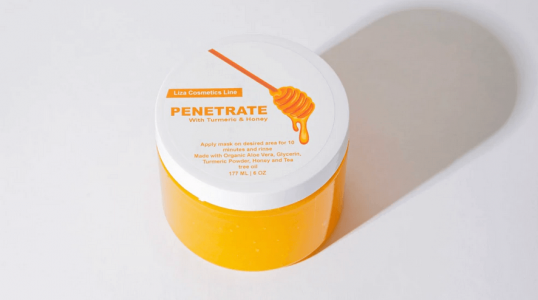
Is Honey Good for Oily Skin?
Surprisingly, yes.
While the texture of honey might throw you off here, it is a humectant. It adds moisture without enticing the skin to produce excess sebum (which causes acne and oiliness).
It absorbs moisture from the air and holds it next to your face, allowing your skin to drink it in, similar to hyaluronic acid.
While you might not think you need moisture if your skin is already oily, you are wrong.
With the extra moisture added by honey or a moisturizer in general, your skin will produce less acne-causing sebum.
It also regulates the skin’s pH, which results in more radiance and hydration.
Using honey on skin benefits those with dry skin or oily skin.
Can Honey Remove Dark Spots?
While there isn’t a lot of credible research behind this theory, many people have reported that one of the benefits of using honey on skin is its ability to lighten dark spots.
Because honey revs up your body’s healing abilities and works as an exfoliant, you will likely see an improvement in your face’s overall look and texture after using it.
You can use it as a spot treatment or on your entire face.
Does Honey Improve Acne and Pimples?
Unpasteurized honey, which maintains its natural, healthy bacteria, is very helpful in promoting clear, unblemished skin. It removes excess oil and also helps to clear clogged pores and prevent breakouts.
Thanks to its anti-inflammatory properties, it heals blemishes quicker and calms redness and irritation, giving you almost instant results.
Does Honey Make Your Skin Glow?
Because honey is a natural exfoliator, it rinses away the dead skin cells from your face, brightening your skin
Additionally, because honey is also moisturizing when you wash off the stickiness, you are left with a dewy glow.
How Long Should I Leave Honey on My Face?
You really don’t need to set a timer. The healing properties on skin begin working immediately and don’t have side effects unless you are allergic to honey. If that is the case, you really shouldn’t even apply it for five minutes.
Most people use a honey face mask for about twenty minutes. There are a few brave souls out there who swear by using a honey face mask overnight to really let all of the honey skin benefits soak in, but that sounds like a big, sticky mess to me.
Twenty minutes, as often as you like, will do the trick.
Should I Use a Specific Type of Honey?
The most popular type of unpasteurized honey is Manuka honey. It is monofloral honey from New Zealand (and sometimes Australia). It is not pasteurized, therefore making it a type of raw honey.
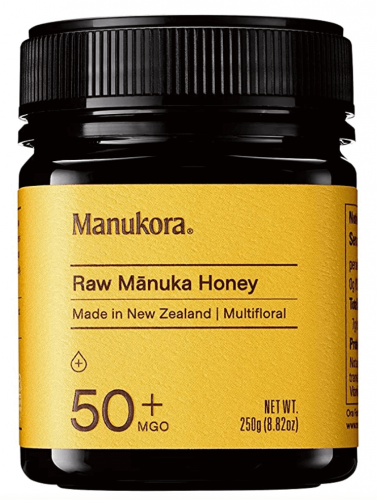
Raw, unpasteurized honey is not heated. The heating process is what kills the natural enzymes, vitamins, and bacteria that work wonders on your skin. Raw honey is taken straight from the hive and minimally processed.
If you can’t get Manuka honey, any other type of raw honey is another great option.
However, if you are allergic or sensitive to pollen, putting raw honey directly on your face (or ingesting it) is not a good idea.
Try a small test patch beforehand if you insist on trying it anyway.
Conclusion
This edible, natural, antibacterial, and antiseptic product is amazing. When talking about honey, the benefits for skin are unmatched. This product works well for so many skin conditions, but it also smells amazing and is easy to find.
Give honey a shot before you go out and drop a couple of hundred dollars on a fancy skincare regime full of chemicals.





